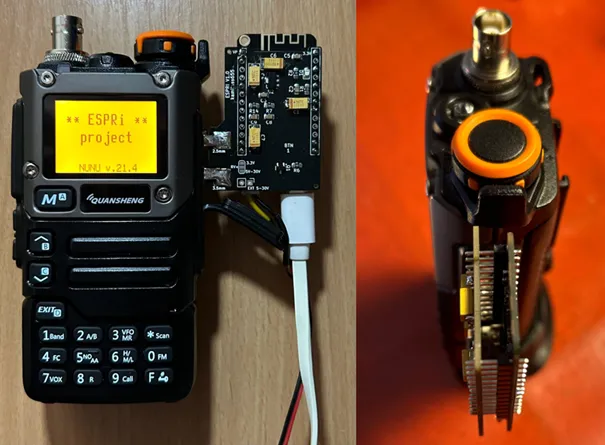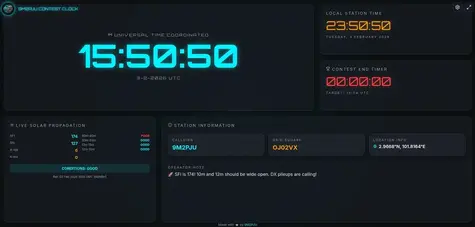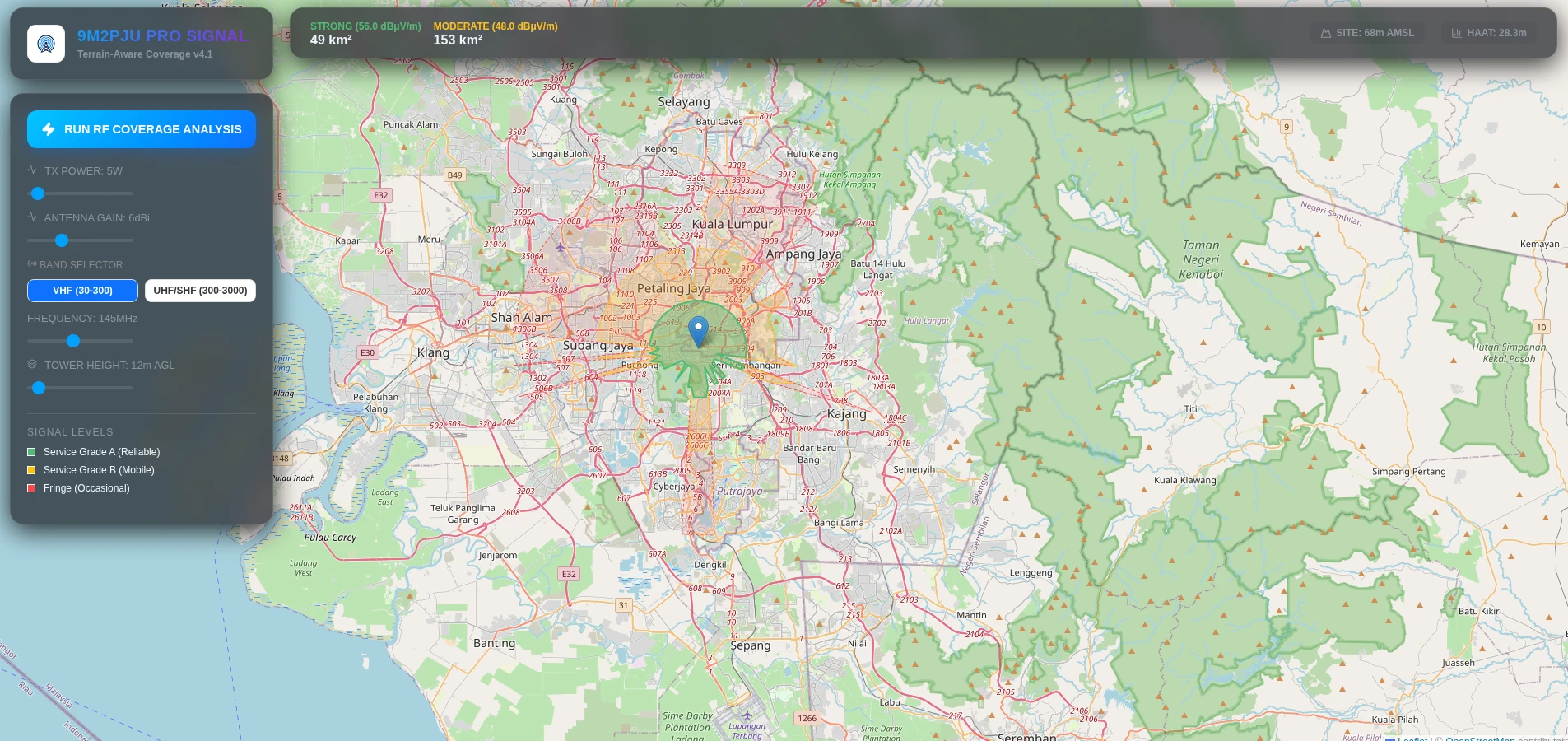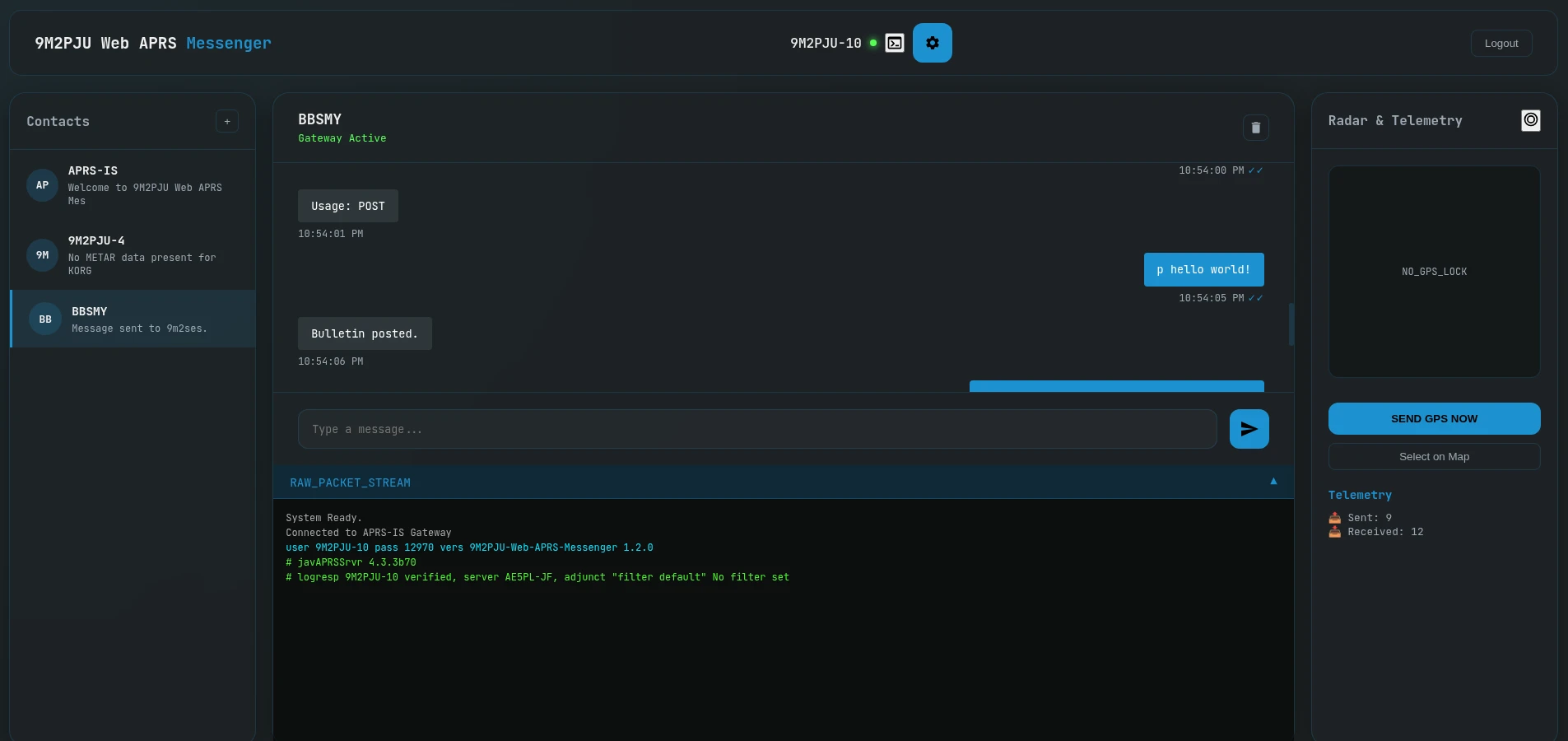amateur radio
esp32
ham radio
radio amatur
afsk, APRS, custom pcb ham radio, digital radio interface, esp-idf, esp32, esp32 audio recording, esp32 ham radio project, espri, ham radio, ham radio DIY, ham radio modernization, kenwood radio interface, meshtastic alternative, morse code, open source radio, portable digital ham radio, radio control esp32, uv-k5 mod, web panel esp32, wireless uart
9M2PJU
0 Comments
Unlock New Potential for Your Ham Radio with the ESPRI Project
The world of amateur radio continues to evolve with new and exciting innovations, and the ESPRI project (ESP Radio Interface) is a standout example. Built around the ESP32 microcontroller, ESPRI aims to expand the capabilities of handheld and mobile radios by integrating digital features, wireless control, and more—all through a compact, custom-designed hardware module.
Whether you’re a seasoned ham operator or a curious maker, ESPRI offers a practical and powerful way to modernize your equipment.
What Is ESPRI?
ESPRI is an open-source project that acts as an intelligent interface between your ham radio (via the Kenwood connector) and an ESP32-based microcontroller board. Think of it as a digital co-pilot for your analog transceiver. The ESPRI board can record audio, send beacons, and even serve a full-featured web panel—directly from the ESP32 chip itself.
The project is actively developed and maintained by kamilsss655, with collaboration from contributors around the world.
Key Features
✅ Web-based Control Panel
A responsive single-page app (SPA) served directly from the ESP module, accessible over Wi-Fi. Configure settings, browse files, monitor logs, and manage beacons—all from your phone or laptop.
✅ Beacon Modes
Supports both AFSK and Morse code beacons. Easily configure interval, content, and modulation.
✅ Wireless UART
Use the ESPRI module as a wireless serial bridge to control your radio remotely.
✅ Audio Recording and Playback
Record audio from your radio to a microSD card or internal memory. Playback recordings as needed—ideal for remote operation or automated message loops.
✅ Built-in DSP and AGC
Includes digital signal processing (DSP) filters and auto-gain control (AGC) to ensure clarity and consistency.
✅ WebSocket Notifications
Real-time feedback and alerts through WebSocket, enabling live updates to your browser UI.
Hardware Overview
The recommended hardware platform is the ESP32 Lolin Lite due to its built-in LiPo charger and compact form factor. ESPRI adds a custom HAT (Hardware Attached on Top) to interface with Kenwood-compatible radios like the popular Quansheng UV-K5.
The custom board (latest version V2.2) includes analog circuitry to safely interface with your transceiver’s mic and speaker lines.
How to Get Started
Flashing the firmware is easy:
esptool.py write_flash 0x0 espri.bin
Once installed, connect to the ESP’s Wi-Fi access point (default SSID: NOKIA-3K9N4H1, password: mypassword) and open your browser to http://192.168.4.1.
Development is supported using ESP-IDF in Visual Studio Code or Docker. The GitHub repository provides detailed guides for both workflows.
Roadmap and Future Potential
The ESPRI project is still growing. Upcoming features include:
- Custom digital modes for messaging
- Integration with mobile apps (inspired by tools like Meshtastic)
- Advanced modulation and demodulation directly on the ESP32
- Wireless modem functionality for any analog radio
This project isn’t just about adding features—it’s about making amateur radio more accessible, portable, and connected.
Why It Matters
For radio enthusiasts, tinkerers, or emergency responders, ESPRI offers an affordable, compact way to bring digital intelligence to traditional radio hardware. Whether you’re logging QSOs, experimenting with DSP, or building a field-ready APRS tracker, this project provides the foundation.
And because it’s open-source under the Apache 2.0 License, you’re free to adapt and extend it for your own use.
Explore the project, get involved, and see what your radio can really do.
🛠️ GitHub Repository







Post Comment